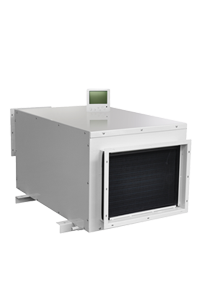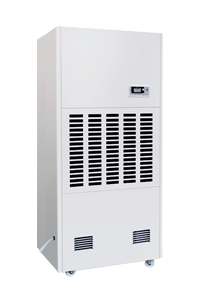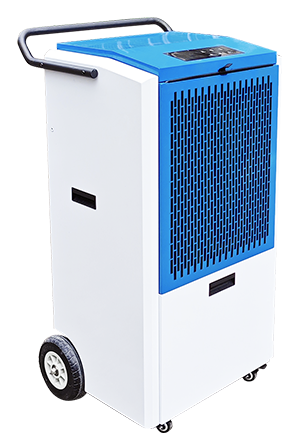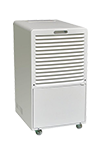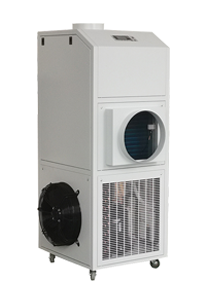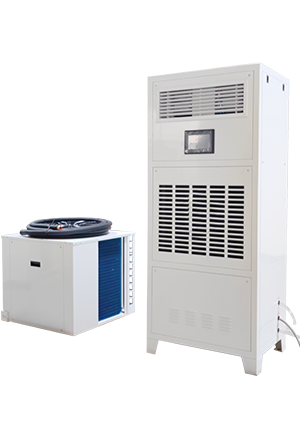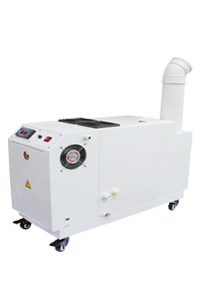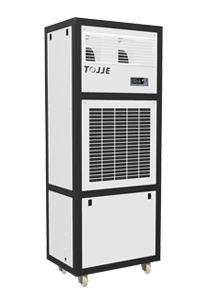News
In industrial environments, controlling humidity is critical — not just for comfort, but for protecting equipment, preserving materials, and maintaining productivity. As sustainability and cost-efficiency become top priorities for businesses, the demand for energy-efficient industrial dehumidifiers continues to rise.
What Makes an Industrial Dehumidifier Energy-Efficient?
✅ Smart Humidity Sensors
Modern industrial dehumidifiers are equipped with advanced sensors that adjust performance based on real-time humidity levels. This means the unit only runs as needed, reducing energy waste.
✅ High-Efficiency Compressors
Energy-efficient models use compressors designed to consume less power without compromising performance, delivering the same drying power while lowering operational costs.
✅ Heat Recovery Systems
Some units reclaim heat generated during the dehumidification process and use it to improve overall system efficiency.
✅ Eco-Friendly Refrigerants
Newer models often use low-GWP (Global Warming Potential) refrigerants that are better for the environment and more compliant with modern regulations.
Key Benefits of Using an Energy-Efficient Industrial Dehumidifier
Reduced Energy Bills: Lower power usage means long-term savings on utility costs.
Improved Environmental Footprint: Helps your business meet sustainability goals and reduce carbon emissions.
Reliable Performance: High-capacity drying without overworking the system.
Longer Equipment Lifespan: Controlled humidity leads to less wear and tear on machinery and electronics.
Compliance with Industry Standards: Many industries, like pharmaceuticals and food processing, require strict humidity control for safety and quality assurance.
Choosing an energy-efficient industrial dehumidifier is an investment in both performance and sustainability. By maintaining optimal humidity levels while consuming less energy, these systems support a safer, healthier, and more cost-effective work environment.
Whether you’re upgrading your current setup or building a new facility, consider models that combine industrial strength with eco-smart technology — because better moisture control shouldn’t come at the expense of your energy bill.

